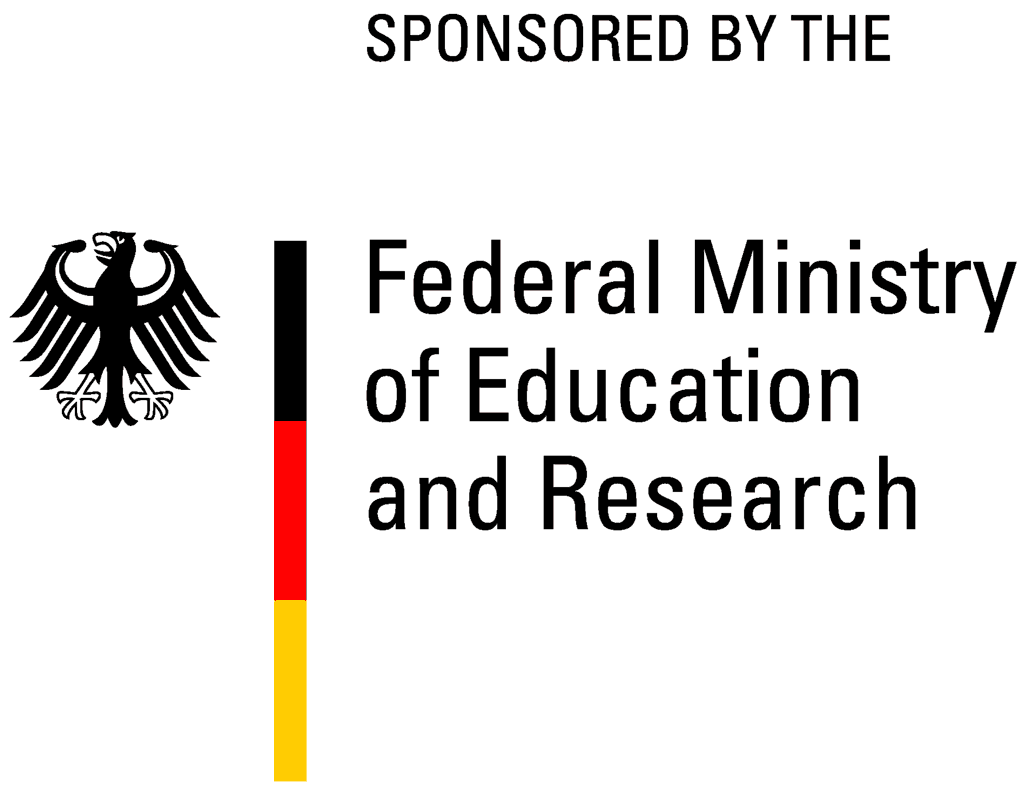
SYMOBIO – Systemic Monitoring and Modelling of the Bioeconomy
Coordination:
Team:
Brief description:
The research project SYMOBIO (Systematic Monitoring and Modelling of the Bioeconomy), funded by the German Federal Ministry of Education and Research (BMBF), aims to develop the scientific basis for a systemic monitoring and modelling of the bioeconomy in Germany, taking into account national and international aspects, as part of the concept of "bioeconomy as social change".
In June 2020, a pilot report on the monitoring of the German bioeconomy was published. It provides an initial overview of the main features and trends of the German "bio-based economy" in the national and international context. In combination with the results of the other two BMEL and BMWi dimension projects, the report provides an overview of the results of the monitoring of the German bioeconomy.
The project is coordinated by the University of Kassel (Center for Environmental Systems Research, CESR), which has thus far cooperated with seven other research institutions in the funding period.
Current publications can be found on the project website.
Work packages:
WP3 Developments in agricultureThe projections of the pilot report were associated with uncertainty regarding the development of domestic land use, as it was not yet clear what the consequences of the implementation of current legal regulations would be. This uncertainty is to be sufficiently narrowed down in WP 4. Additional indicators to describe the environmental impacts are also to be introduced into the agricultural model.
WP 3.1 Bioenergy from agriculture
The projections leading to 2030 have shown that there are considerable uncertainties regarding the future demand for substrates from agricultural production or agricultural residues and waste materials. Specifically, these uncertainties are highly relevant to the implementation of the EEG amendment (German Renewable-Energy-Law) and the implementation of the REDII Directive.
The aim of the WP is to derive statements on the development of the demand for substrates from bioenergy production via possible development scenarios for the (promotion) policy framework in the area of electricity generation from biomass, heat generation or the use of biofuels in the transport sector. For this purpose, bioenergy demand and its particularly promising fields of application are simulated and the interaction of available cultivated biomass, forestry biomass and residual and waste materials is calculated for future demand coverage. The demand for various energy crops from agriculture represents a key result.
Contact: Frazer Musonda
This work package will review the response to the pilot report, explore the connectivity of the German Bioeconomy Monitoring to other monitoring systems and further develop the online Bioeconomy exploration web tool for external use.
WP 5.1 Stakeholder survey on the pilot report
In this WP, the stakeholder consultations of the project will be continued. An online survey will clarify how this report has been understood and received, to what extent important questions have been sufficiently answered and whether important questions have remained unanswered.Contact: Walther Zeug, Alberto Bezama
WP 5.2 Connectivity ("Anschlussfähigkeit")This WP aims to clarify how the Bioeconomy Monitoring can be differentiated from those national systems and which interfaces (related to report content and data) can be used or should be developed.
Contact: Nora Mittelstädt
WP 5.3 Externally usable web toolIn SYMOBIO, a first prototype for a web tool for the exploration and visualisation of the Bioeconomy Monitoring data has already been developed and presented at the 2019 status conference. This tool is to be further developed by expanding or refining the included database and the graphical forms of presentation.
Contact: Nora Mittelstädt
The following partners are involved in the SYMOBIO project:

The Center for Environmental Systems Research (CESR) at the university of Kassel is coordinating the overall project:
- Contact: LINK
Universitaet Kassel / CESR
Wilhelmshoeher Allee 47
D-34117 Kassel
Germany
- Project management:
Prof. Dr. Stefan Bringezu
bringezu@uni-kassel.de
Tel.: +49 561 804-6115

